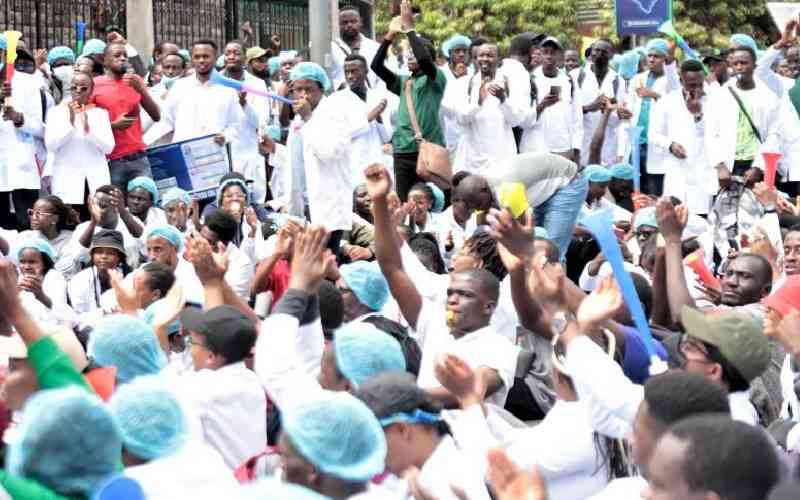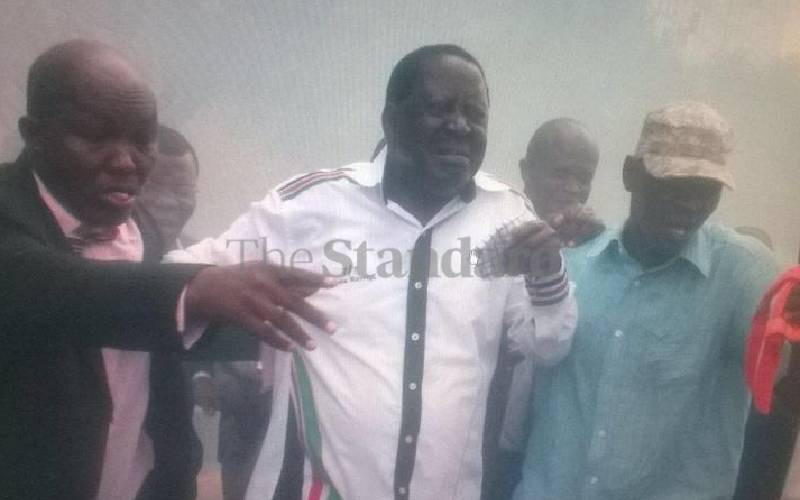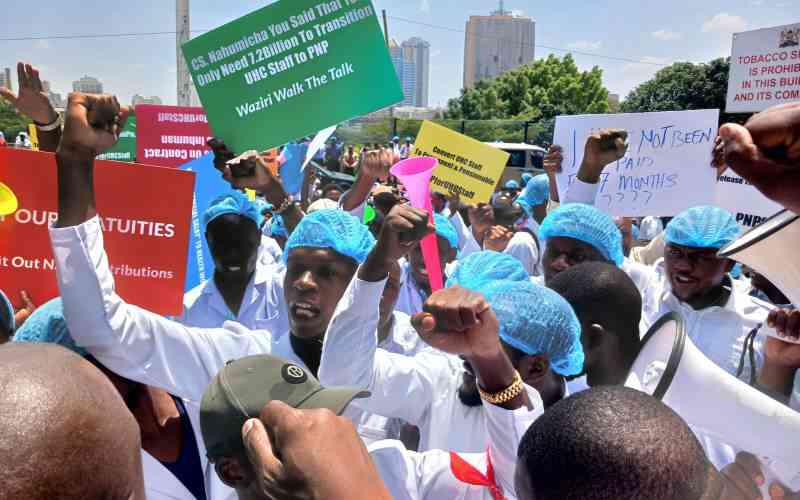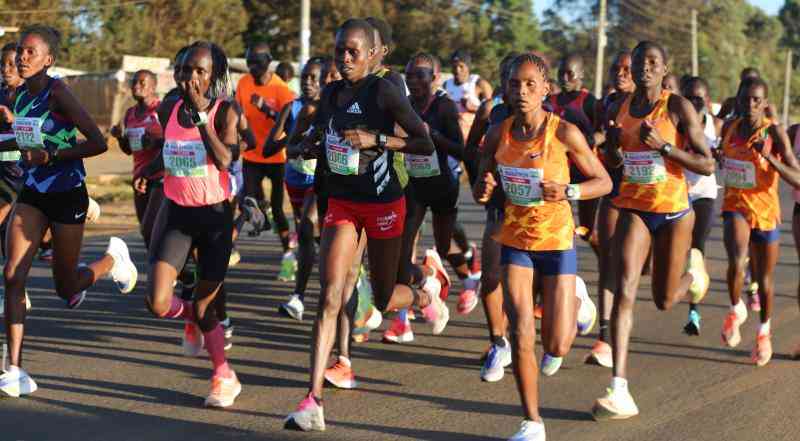Monrovia, Liberia: Police in the Liberian capital Monrovia fired live rounds and tear gas on Wednesday to disperse a stone-throwing crowd trying to break out of a quarantine imposed on their neighbourhood because of the Ebola virus, witnesses said.
At least four people were injured in the clash at the sprawling ocean-front West Point neighbourhood, witnesses said. It was unclear whether anyone was wounded by gunfire, though a Reuters photographer saw a young boy with his leg badly severed just above the ankle.
"The soldiers are using live rounds," said army spokesman Dessaline Allison. "The soldiers applied the rules of engagement. They did not fire on peaceful citizens. There will be medical reports if (an injury) was from bullet wounds."
The epidemic of the hemorrhagic disease, which can kill up to 90 percent of those it infects, is ravaging the three small West African states of Liberia, Sierra Leone and Guinea, and also has a toehold in Nigeria, Africa's biggest economy.
As the Geneva-based World Health Organization rushed to ramp up the global response to the outbreak, including emergency food deliveries to quarantined zones, it announced that deaths had risen to 1,229 as of Aug. 16, out of 2,240 cases.
Liberian authorities introduced a nationwide curfew on Tuesday and put the teeming West Point neighbourhood under quarantine to curb the spread of the disease.
Liberia recorded 53 deaths between Aug. 14 and 16, far more than any other affected country, according to figures by the World Health Organisation.
Attempts to isolate the worst affected areas of the country and neighbouring Sierra Leone have raised fears of unrest in one of the world's poorest regions should communities start to run low on food and medical supplies.
Witnesses said the clash started after security forces blocked roads to West Point early on Wednesday with tables, chairs and barbed wire. Security forces came in to escort the local commissioner out of the neighbourhood, they said.
Closure triggers price rises
Residents said they were given no warning of the blockade, which prevented them from getting to work or buying food. The charge is serious given that many people in impoverished parts of Monrovia buy food each day rather than stocking it.
Residents said the closure had immediately caused prices of basic goods, including drinking water, which is sold in sachets, to shoot up.
"We just saw it (the blockade) this morning. We came out and we couldn't go anywhere. I haven't heard from anybody in authority what happened," Alpha Barry, 45, who works as a money changer, told Reuters.
"I don't have any food and we're scared," said Barry, who said he was from Guinea and has four children under 13.
The task authorities face in calibrating its response to Ebola is made harder by misinformation. One West Point resident told Reuters the government had sealed off the neighbourhood in order to bring the disease in.
Stay informed. Subscribe to our newsletter
A crowd at West Point looted a temporary holding centre for suspected Ebola cases at the weekend, 17 of whom fled. All 17 were now accounted for and being treated at another centre, the government said.
Democratic Republic of Congo has sent its health minister and a team of experts to the remote northern Equateur province after several people died there from a disease with Ebola-like symptoms, a local official and a professor said on Wednesday.
It was not immediately clear if there was any connection with Ebola.
 The Standard Group Plc is a
multi-media organization with investments in media platforms spanning newspaper
print operations, television, radio broadcasting, digital and online services. The
Standard Group is recognized as a leading multi-media house in Kenya with a key
influence in matters of national and international interest.
The Standard Group Plc is a
multi-media organization with investments in media platforms spanning newspaper
print operations, television, radio broadcasting, digital and online services. The
Standard Group is recognized as a leading multi-media house in Kenya with a key
influence in matters of national and international interest.
 The Standard Group Plc is a
multi-media organization with investments in media platforms spanning newspaper
print operations, television, radio broadcasting, digital and online services. The
Standard Group is recognized as a leading multi-media house in Kenya with a key
influence in matters of national and international interest.
The Standard Group Plc is a
multi-media organization with investments in media platforms spanning newspaper
print operations, television, radio broadcasting, digital and online services. The
Standard Group is recognized as a leading multi-media house in Kenya with a key
influence in matters of national and international interest.









